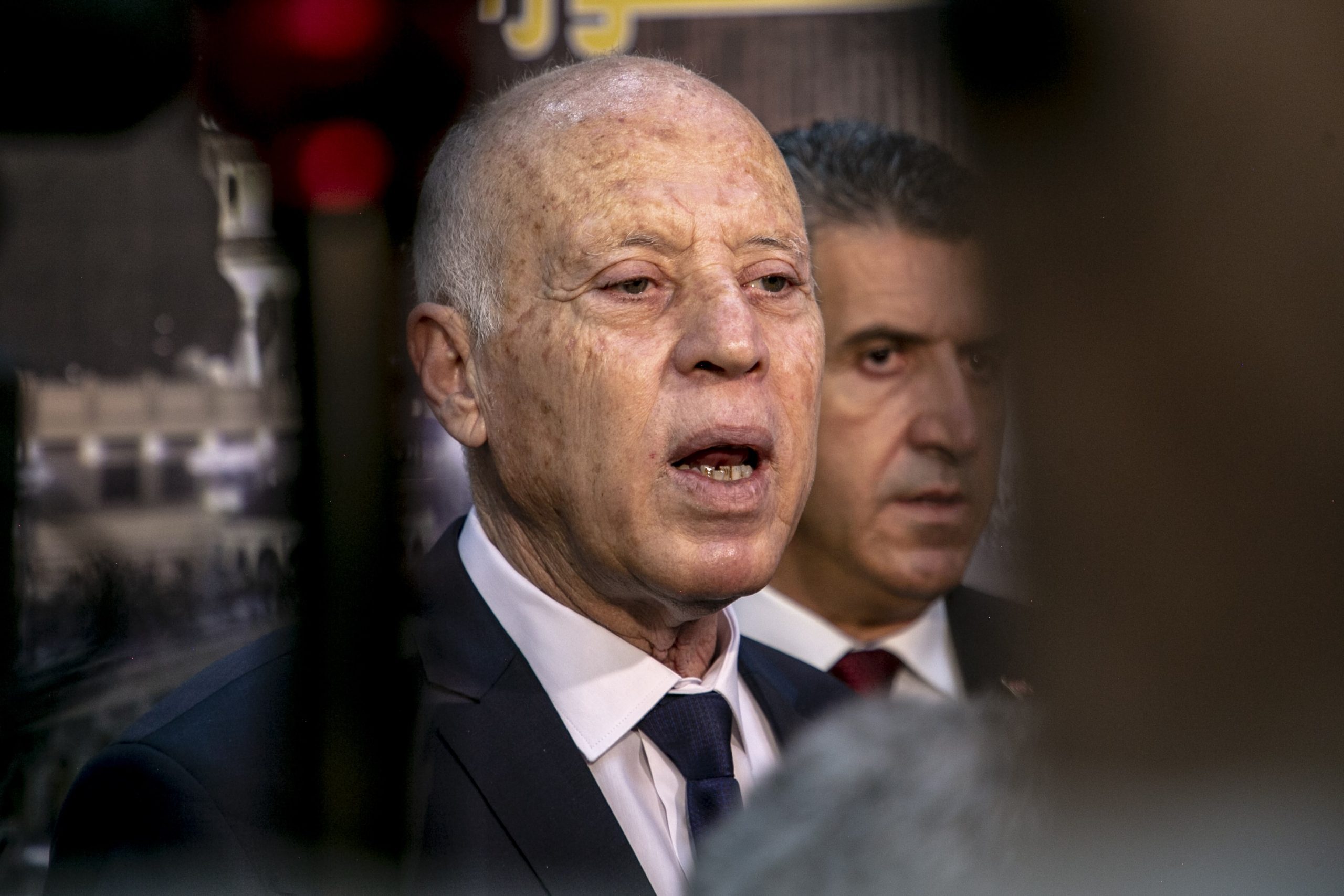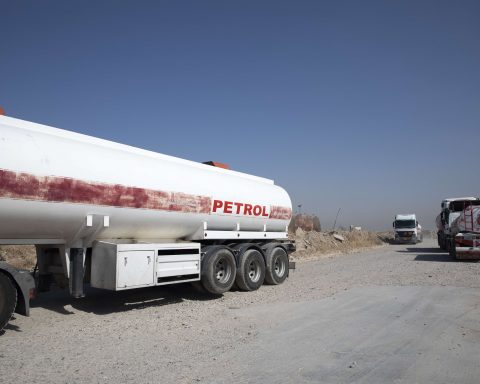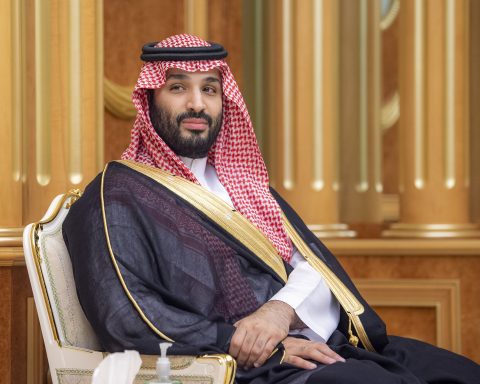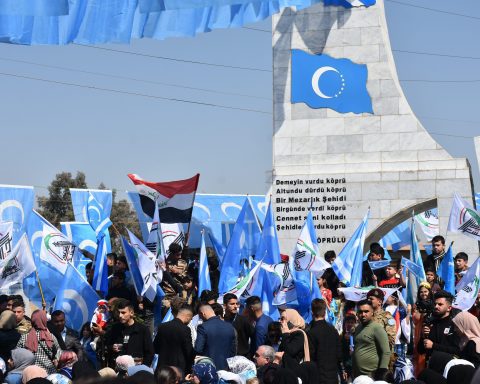In July 2021, Tunisian President Kais Saied declared emergency rule and proceeded to suspend the country’s Parliament. In September of the same year, he made a surprise visit to the birthplace of the Arab Spring in Sidi Bouzid whereby he sought to invoke the symbolism of revolution in a speech in which he declared the suspension of the constitution and that he would rule the country by decree. In July 2022, Saied unilaterally wrote a new constitution and imposed it via a controversial referendum where the outcome was widely considered to have been already pre-determined.
Saied has since announced that the next stage of his roadmap is the introduction of a new electoral law, and then elections in December to establish a new parliament with diminished powers.
Although Saied found himself on the receiving end of international pressure following his ‘coup’, there have been significant developments that have propelled the momentum of his roadmap towards the entrenchment of his overthrow of the democratic transition.
Where Washington had displayed a clear cold shoulder towards Tunis for months after Saied had seized power, the US chargés d’affaires in Tunis tweeted an implicit recognition of Saied’s roadmap last month by referencing the “upcoming elections”. French President Emmanuel Macron, who consistently avoided using the rhetoric of his European counterparts that demanded Saied “return to a democratic process,” congratulated Saied on his unilaterally written constitution and referendum.
Domestically, Saied has also found momentum against his allies who have sought to strongarm him in their pursuit of a greater role in decision-making. The country’s powerful trade union organization, the UGTT, has been a firm supporter of the suspension of parliament and the constitution. However, they have clashed with Saied over the latter’s monopolizing of power and dismissal of their demands to be included in the process of entrenching the coup. Yet, despite their regular threats not to agree to Saied’s new constitution, roadmap, and referendum, as well as their threat to hold a general strike, it is Saied who has strongarmed the UGTT into compliance and taken advantage of their unique catch-22.
The UGTT remain rabidly against the idea of restoring parliament and the democratic transition on the basis that they remain convinced that their ideological opponents, the Ennahda, would still poll first (albeit with significantly less percentage of the vote). Therefore, they remain committed to upholding the coup. However, their original expectations of Saied were that he would cede leadership of the process to them in a repeat of the events of 2013-14 when the UGTT engineered a national dialogue that enabled them to form a government of their choosing under Mehdi Jomaa.
Saied has not ceded any power or influence to them. Instead, he has sought to subjugate them by moving to install allies within the UGTT, which resulted in UGTT Secretary General Noureddine Tabboubi publicly lambasting what he described as “attempts to infiltrate the organization”. Loyalists successfully toppled and replaced the leadership of the influential Farmer’s Union, which is a branch of the UGTT. Saied’s loyalists then went to the courts to challenge the validity of the extraordinary general conference of the UGTT that was held in November 2021 that saw the re-election of Tabboubi. The court ruled in Saied’s favor that Tabboubi’s re-election was not valid. The UGTT appealed the case which has been delayed due to the national strike organized by the judiciary which protested Saied’s unilateral dismissal of 57 judges in June.
Despite this onslaught from Saied, the UGTT has consistently affirmed its support for the emergency measures that suspended parliament and the constitution. In other words, an overbearing Saied remains preferable to the UGTT than restoring Parliament and holding elections under the constitution that Saied toppled. Moreover, the UGTT remain convinced that they continue to hold a trump card over Saied on the issue that matters most to Saied; financial aid to temper the spiraling economic crisis.
The expected financial aid from allies like Saudi Arabia and the UAE has not materialized. In October 2021, Saied sent his prime minister to Saudi Arabia to press for financial assistance. At the time, Riyadh had agreed to provide additional financial assistance to Egypt and Pakistan, leading to an expectation in Tunis that Saied might also benefit from the display of ‘generosity’. Instead, Saied’s Prime Minister returned empty-ended. The UAE has also failed to provide financial assistance despite being the primary international backer of Saied’s emergency measures, with theories ranging from Abu Dhabi demanding the imprisonment of the Islamists first, to Abu Dhabi hesitating in order not to provoke an uncomfortable Algeria that is unhappy with Gulf competition within areas it considers to be its own sphere of influence.
It is in this context that the IMF negotiations have taken on greater importance. Yet, the IMF has insisted to Saied that the UGTT must be part of the talks and must be on board with the proposed economic plan. It is for this reason that Saied has moved to negotiate a truce with the UGTT by agreeing to another increase in public sector pay.
Meanwhile, the opposition National Salvation Front continues to struggle to create momentum as popular opinion remains apathetic at best, and averse at worst, to the idea of a return of a parliament that consistently failed to deliver over the past decade. Moreover, factions within the Front continue to remain mired in a debate over the pros and cons of being seen to be associated with Ennahda which has become deeply unpopular and the scapegoat for Tunisia’s woes. The problem for these factions is that despite negative public opinion, Ennahda remains the only party capable of mobilizing people in the streets, and the only party with the capabilities to effectively lobby the international community against the coup. Without Ennahda, the Front is impotent.
The strategy of the Front appears to be to watch Saied struggle with the economy and wait for an opportunity to present itself when people’s patience ends, while simultaneously reaching out to Saied with an offer to recognize the coup in exchange for being part of a National Dialogue. Yet, such a strategy is fraught with danger as Tunisians despair over what they perceive to be the false promise of democratic transition and a never-ending economic crisis.
In 2011, the opposition parties were received as heroes who had dedicated themselves to the rights of the people. In 2022, they are perceived as villains that rode the popular revolution to power and then prioritized elite interests over the people. Even if people turn on Saied, this does not mean they will look to the Front as the alternative. Moreover, simplistic narratives have drowned the more nuanced realities of Tunisia’s turbulent decade with democracy such as the fact that there has been a consistently widespread willingness from Tunisians to sell their votes. There has been a consistent failure to impose effective libel laws in media that allowed allegations to become accepted ‘truths’. There was a consistent reluctance of political parties to take effective measures to prevent the buying and selling of MPs and protect the integrity of the parliamentary system.
Saied’s power does not stem from any popular support, but from enduring popular despair and anger directed at a democratic transition that promised much, but delivered little. As long as this sentiment prevails, Saied will continue to have momentum.














